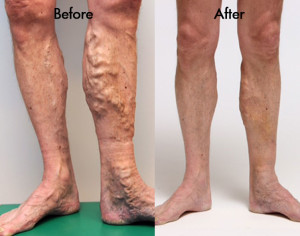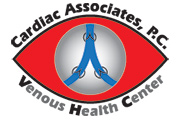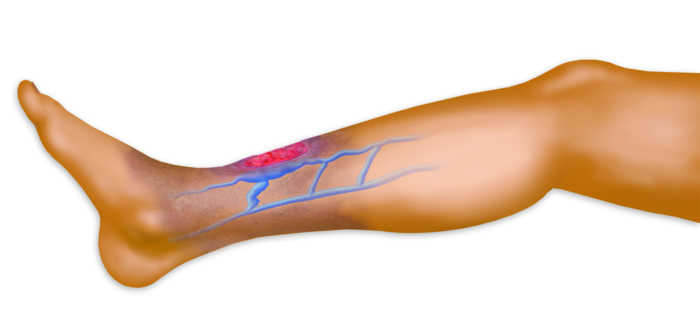
A Varicose Vein Doctor in Rockville Answers the Question, “Which Is More Dangerous – Vein Disease or Arterial Disease?”
The question in the title of this article is a good one, because both vein disease and arterial disease are both forms of vascular disease – conditions that impair your circulatory system. Within that system, your arteries are in charge of pumping blood containing oxygen and nutrients from your heart to your organs and extremities, and your veins are in charge of pumping that blood back to the heart and lungs so that it can be renewed. To be healthy, you need both healthy veins and arteries, so any form of vascular disease is dangerous.
However, some types of vascular disease are more dangerous than others
According to our varicose vein doctor in Rockville, one way of assessing the relative danger of arterial disease compared to vein disease is to count the number of deaths due to each. And if we use that measure, then the most dangerous is certainly arterial disease. Two of the most common causes of death worldwide are atherosclerosis (“hardening of the arteries”) and peripheral arterial disease, and if your arteries become affected by either of these conditions, the result can be heart attack, stroke, or kidney failure. Another arterial disease, carotid artery stenosis, can cause a type of mini-stroke that can later lead to a full stroke.
To balance this, the experienced vein specialists in Germantown, MD can point out that there is a type of vein disease called deep vein thrombosis (DVT), and that over 300,000 Americans die every year from its complications.
So they’re both dangerous – how do you know if you have vascular disease?
The answer in either case – vein disease or arterial disease – is “See a specialist.” At our vein clinic in Rockville MD, that’s easier because our practice contains both experienced cardiologists and experienced vein doctors.
One important thing to remember with either type of vascular disease is that you can’t assume you don’t have it because you haven’t noticed any symptoms. Many forms of vein disease and arterial disease don’t have overt symptoms that a layman could detect, and so diagnosing these conditions requires special equipment and years of training and experience in how to use it, and how to interpret the results.
Another important thing to remember is that most of the tests used to detect vascular disease are painless and non-invasive, and take only about an hour. So give us a call at 301-637-3088 and schedule an appointment for a checkup. It’s a “win-win situation,” because if we find you have vascular disease we can tell you how to treat it, and if we find that you don’t have it yet but are at high risk of developing it, we can tell you how to prevent it.


